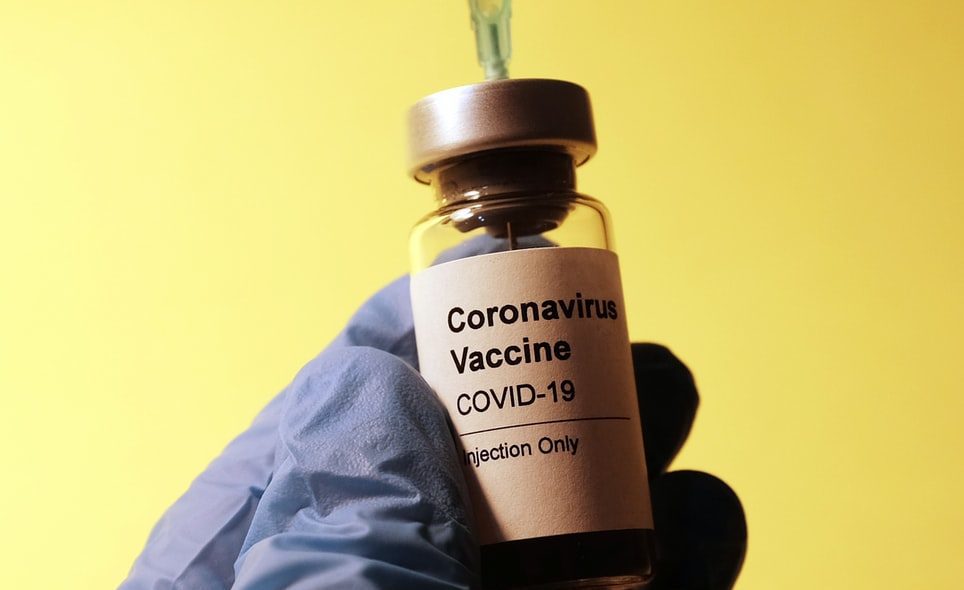Our Policy Assistant, Anna Telfer, provides information on published guidance on COVID-19 vaccines and neurological conditions from The Association of British Neurologists (ABN).
The Association of British Neurologists (ABN) has published guidance on vaccination for COVID-19 and neurological conditions. According to the guidance, all COVID-19 vaccines are safe for those living with neurological conditions.
The ABN recommends that people should accept whichever vaccination offered without delay.
This is regardless of age, state of health or medication, unless there are specific contraindications such as severe allergy.
“In general, other than for severely allergic people, there is no good reason to be worried about the vaccination.”
This guidance is welcome news given the study published in the British Medical Journal which suggested there is a slight increased risk of hospital admission and death from COVID-19 in people with epilepsy. To find out more about this, read our blog on the study.
It is impossible to catch COVID-19 from the vaccines
None of the COVID-19 vaccines are ‘live’ and therefore cannot cause infection. Vaccines are designed to prevent infection and/or reduce the severity of infection.
The ABN offers assurance that the enhanced technology of modern vaccines means that the risk of harm from vaccination is minimal.
For those who do experience side effects, common reactions are headaches, arm pain, body aches, chills or fever lasting a few hours to a few days and eased by over-the-counter painkillers.
On rare occasions, some people who are severely allergic (who have allergies severe enough to require an EpiPen) have allergic reactions to the vaccine.
In response to this, people are asked if they have allergies before receiving their vaccine and are requested to wait for half an hour following vaccination before going home.
The UK government’s current strategy is to vaccinate priority groups, offering the first dose of the vaccination to as many people as possible, possibly delaying the second dose.
The ABN suggests there is no reason to believe this would be an ineffective approach. People with epilepsy are a priority to receive vaccination for COVID-19.
While vaccines offer a glimmer of hope, it is important that everyone continues to follow public health guidance. Wear a mask wherever necessary, wash your hands regularly and socially distance from other people.
For the latest information and advice on COVID-19 in Scotland, please click here.




